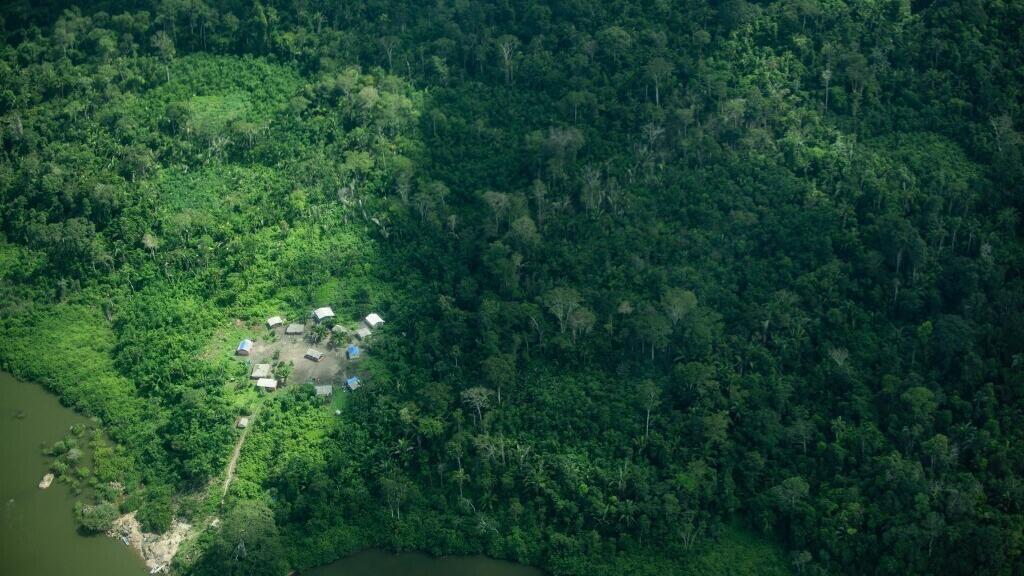
EU environmental chiefs have announced another one-year delay to plans to tighten up rules on importing products such as soy, beef and cocoa that have been linked to forest destruction.
The postponement came as negotiators from the 27-nation bloc finalised a multi-billion euro trade agreement with Indonesia.
The original 2024 launch of the law was delayed by a year after complaints from industries and trade partners including Brazil, Indonesia and the United States under the former presidnt Joe Biden.
Environment Commissioner Jessica Roswall told reporters in Brussels that it was necessary to put off the implementation of the law in order to address concerns about the large amounts of data needed to enter in the IT system to enforce the rules.
Roswall said that pushing ahead with the launch of the policy without proper checks on the IT system could disrupt EU firms and supply chains.
"We tried to do simplification," she said. "We have concern regarding the IT system, given the amount of information that we put into the system. And that is why we will seek, with the co-legislators, to seek for a postponement of one year.
"And that will, of course, also give us time to look at the different risks," she added.
"There's a lot of information coming from industry and businesses in a short period of time. That is the overload that we see a risk for, and that is why we need this extra time to see how we can solve that," Roswall added.
Roswall's announcement came hours after the EU Trade Commissioner, Maros Sefcovic, and the Indonesian Minister of Economic Affairs, Airlangga Hartarto, concluded the Indonesia-European Union Comprehensive Economic Partnership Agreement (CEPA).
The pact will will open investment in strategic sectors such as electric vehicles, electronics, and pharmaceuticals.
"By finalising this agreement, the EU and Indonesia are sending a powerful message to the world that we stand united in our commitment to open rules-based and mutually beneficial international trade," Sefcovic said after the signing in Bali.
"In all, EU exporters will save some 600 million euros a year in duties paid on their goods entering the Indonesian market, and European products will be more affordable and available to Indonesian consumers," EU President Ursula von der Leyen said in a statement.
More than 100 countries pledge to end deforestation, but critics call it 'Blah Blah Blah'
Scrutiny of products
The deforestation law has been hailed by environmental groups as a significant breakthrough in the fight to protect nature and combat climate change.
It prohibits a vast range of goods - from coffee, cocoa, soy, timber, palm oil, cattle, printing paper and rubber - if produced using land that was deforested after December 2020.
Exporting countries considered high-risk would have at least nine percent of products sent to the EU subjected to checks, with the proportion falling for lower-risk ones.
Among the amendments introduced in November 2024 was the creation of a "no risk" category that would see products from some countries – such as Germany – face virtually no scrutiny.
Julia Christian, a campaigner at environmental group Fern, said at the time of the November 2024 amendments that it was the equivalent of giving EU forested countries a free pass.
"The message to the rest of the world is unmistakable," she added. "You must stop destroying your forests, but the EU won't end the widespread degradation afflicting its forests."
Environmental activists are concerned the trade agreement will lead to more deforestation driven by increased demand for Indonesian palm oil.
"The remaining natural forests in palm oil concessions will potentially be cleared in the near future (and) converted into plantations," said Syahrul Fitra of Greenpeace Indonesia.
(With newsires)







